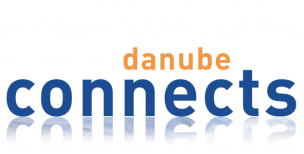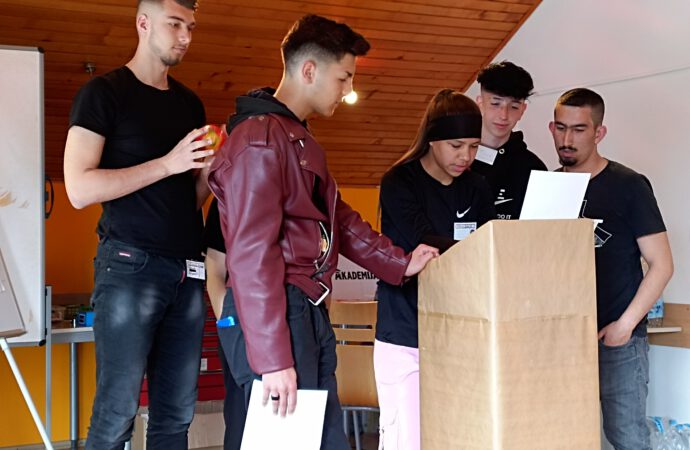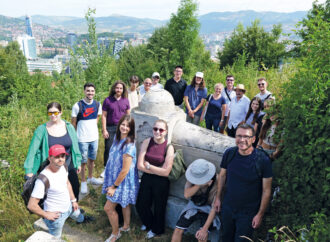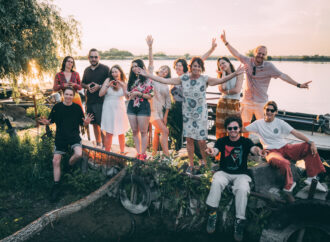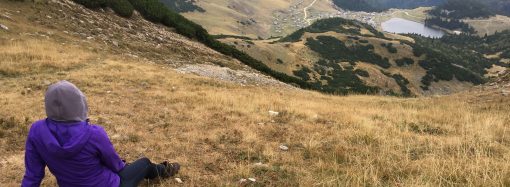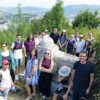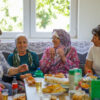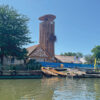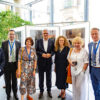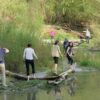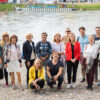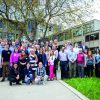A pilot programme to strengthen the life skills of disadvantaged young people in Bosnia-Herzegovina Between August 2022 and April 2023, Pharos e.V. Stuttgart and its partner organisation in Bosnia-Herzegovina, the Faros association, worked with around 40 young people from socially disadvantaged families – many of whom belong to the Roma minority. The project was carried
A pilot programme to strengthen the life skills of disadvantaged young people in Bosnia-Herzegovina
Between August 2022 and April 2023, Pharos e.V. Stuttgart and its partner organisation in Bosnia-Herzegovina, the Faros association, worked with
around 40 young people from socially disadvantaged families – many of whom belong to the Roma minority. The project was carried out as part of
the Baden-Württemberg Stiftung’s Perspektive Donau (Perspective Danube) programme and with funding from the German Federal Ministry for
Economic Cooperation and Development (BMZ).
The aim was to strengthen the resilience of the participants and promote important life skills. In addition to four weekend workshops, they received individual support in the form of four personal coaching sessions and a monthly grant. All participants are students from vocational schools. Ingrid Halbritter, project coordinator at Pharos e.V. Stuttgart, reports:
What has changed in the young people as a result of the educational programme?
The pedagogical faculty of the University of Zenica has evaluated the programme. The evaluation shows that the young people have improved their self-awareness and social skills and that the project objectives have therefore been achieved. The documented statements from the interviews are motivating: “I have learnt to do something useful with my life”, “I can connect with my feelings and needs and communicate better”, “I have more self-confidence (…)”, “I can now speak in front of a group without being afraid”. This is a small selection of around one hundred statements that all go in this direction.
And what were your personal impressions? We – four team leaders – got to know 40 young people, 40 universes, during these months. During the magic moments, we were touched by how some of them suddenly took off their protective armour and were able to share their pain and frustration with us. Some of them, who came from particularly difficult family backgrounds with a lot of violence, dared to confide in us. One boy asked our psychotherapist for a therapy session for depression. Another boy with physical and mental disabilities became visibly more independent and really belonged.
Were there any particularly memorable moments for you?
When working on the topic of “Prejudices, stereotypes and beliefs”, the penny dropped for most of them. They were able to recognise for themselves with fascinating clarity that the stereotypes they initially believed to be true are generally not useful in their lives and that they have the freedom to choose other values. Over time, we clearly noticed that most of them found it easier with each workshop to recognise their feelings and needs and put them into words. Without any help from us, the young people managed to conjure up a delicious dinner for everyone every Saturday evening and leave the kitchen spotless afterwards.
Were there any challenges?
Again and again we sat in the plenum and had no chance of getting their attention. Once, nobody was there at the start of the workshop because they were too tired to get up after a night of partying. I was often touched and fulfilled with them, but the dominant feeling was one of sadness and helplessness.
Why?
They have such a difficult start in life due to the context in which they grow up: Poverty, marginalisation, a parental home with physical and psychological violence and unhappy relationships, drug abuse, a lack of security, exchange and support.
What does it take for these young people to develop into resilient adults?
On the one hand, it would take so much for them to develop into healthy adults, and we can only give them that little bit. And on the other hand, I know that sometimes it doesn’t take much to strengthen the heart. To this day, I am still nourished by the loving treatment I received from a teacher at secondary school. Our pedagogical team is unanimous: Yes! It was worth it! And: We need more programmes like this!
